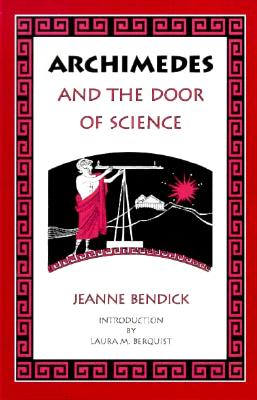
description
3
John Dryden called Virgil's Georgics, written between 37 and 30 B.C.E., the best poem by the best poet. The poem, newly translated by the poet and translator David Ferry, is one of the great songs, maybe the greatest we have, of human accomplishment in difficult--and beautiful--circumstances, and in the context of all we share in nature.
The Georgics celebrates the crops, trees, and animals, and, above all, the human beings who care for them. It takes the form of teaching about this care: the tilling of fields, the tending of vines, the raising of the cattle and the bees. There's joy in the detail of Virgil's descriptions of work well done, and ecstatic joy in his praise of the very life of things, and passionate commiseration too, because of the vulnerability of men and all other creatures, with all they have to contend with: storms, and plagues, and wars, and all mischance.member goods
No member items were found under this heading.
Return Policy
All sales are final
Shipping
No special shipping considerations available.
Shipping fees determined at checkout.







